Magnificent oil on canvas signed by the Mexican artist José Maria de Servin (1917-1983).
This work exquisitely captures the essence of Mexican culture through modern and expressive stylization. The geometric patterns and warm colors of the work, combined with the technical finesse of de Servin, make this painting not only visually appealing but also culturally significant. José Maria de Servin presents a Mexican character in a seated posture, illustrated in a stylized and contemporary way. The artist uses a warm, earthy color palette, primarily browns, golds and reds, to create a warm and authentic ambiance. The oil on canvas technique allows for rich shades and depth of color, which enhances the visual impact of the work. The influence of naive art is clearly perceptible in this work through its simplified forms, its sharp contours and the direct and sincere approach to the subject. This stylization of human features, influenced by the naïve movement, combines elements of Mexican folk art with a modern sensitivity.
60 x 50 without frame
62 x 51.5 with frame
Signed at the top left and countersigned on the frame
José Maria de Servin (1917-1983) was born in 1917 in Mexico, in a period marked by the Mexican Revolution. From an early age, he showed a precocious talent for drawing and painting. His passion for art pushed him to join the Academy of San Carlos in Mexico, one of the most prestigious institutions for teaching fine arts in Latin America. At the San Carlos Academy, de Servin was trained by renowned masters of the time, including Diego Rivera, David Alfaro Siqueiros and José Clemente Orozco, emblematic figures of the Mexican muralist movement. Although de Servin was not directly a muralist, the influence of his masters is felt in his thematic and stylistic approach, particularly in his interest in Mexican social and cultural subjects. After his studies, de Servin became friends with several artists of his generation, thus integrating a dynamic and thriving artistic network. He is part of circles where artists, writers and intellectuals rub shoulders, all committed to promoting Mexican culture. His works reflect the rich and diverse cultural environment of post-revolutionary Mexico. José Maria de Servin develops a unique style, influenced by Mexican popular art and the naïve movement. His paintings are characterized by stylized shapes, bright colors and geometric patterns. He draws inspiration from Mexican daily life, traditions and costumes, creating works that capture the essence of his native country with simplicity and sincerity. During his career, de Servin participated in several exhibitions in Mexico, notably at the Galerie de Arte Mexicano and the Palacio de Bellas Artes, two major institutions on the Mexican art scene. His works were well received, both by the public and by critics, and he quickly gained notoriety. Apart from Mexico, de Servin also exhibited abroad, notably in the United States and Europe, where his works were appreciated. for their exoticism and authenticity. He participates in group and individual exhibitions, thus strengthening his international reputation.





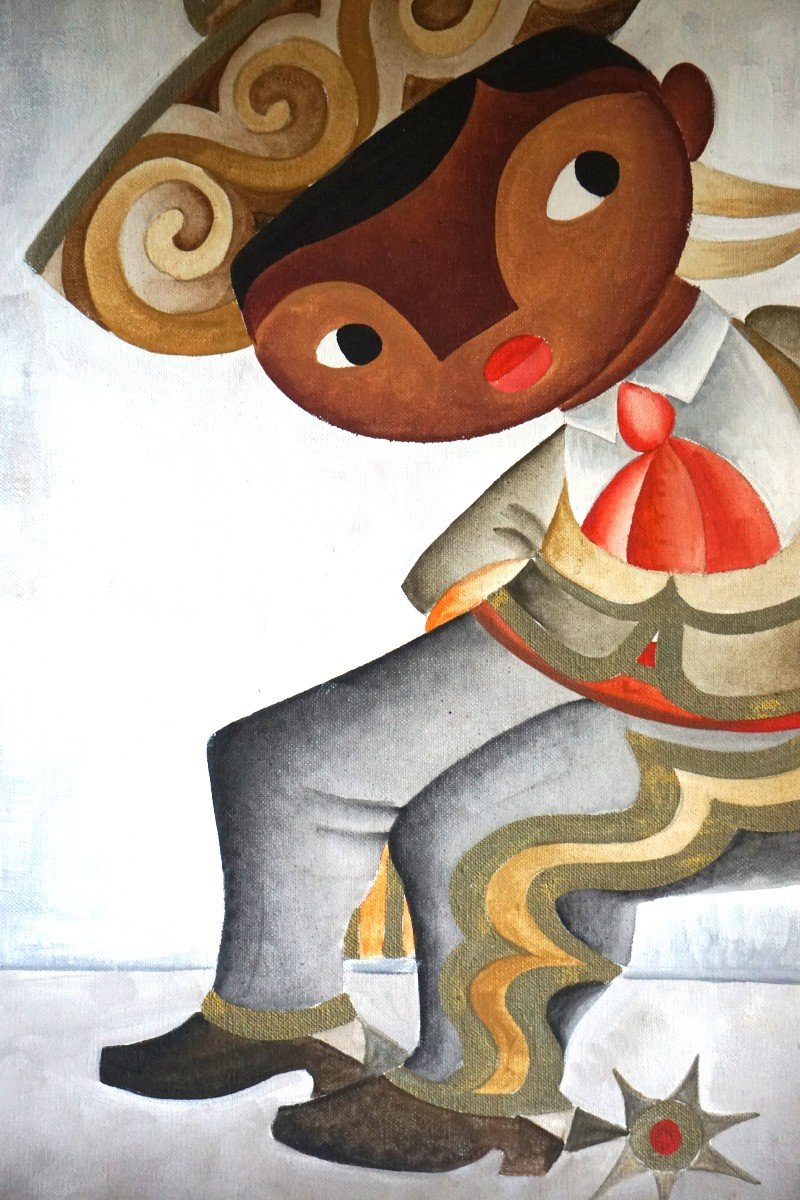




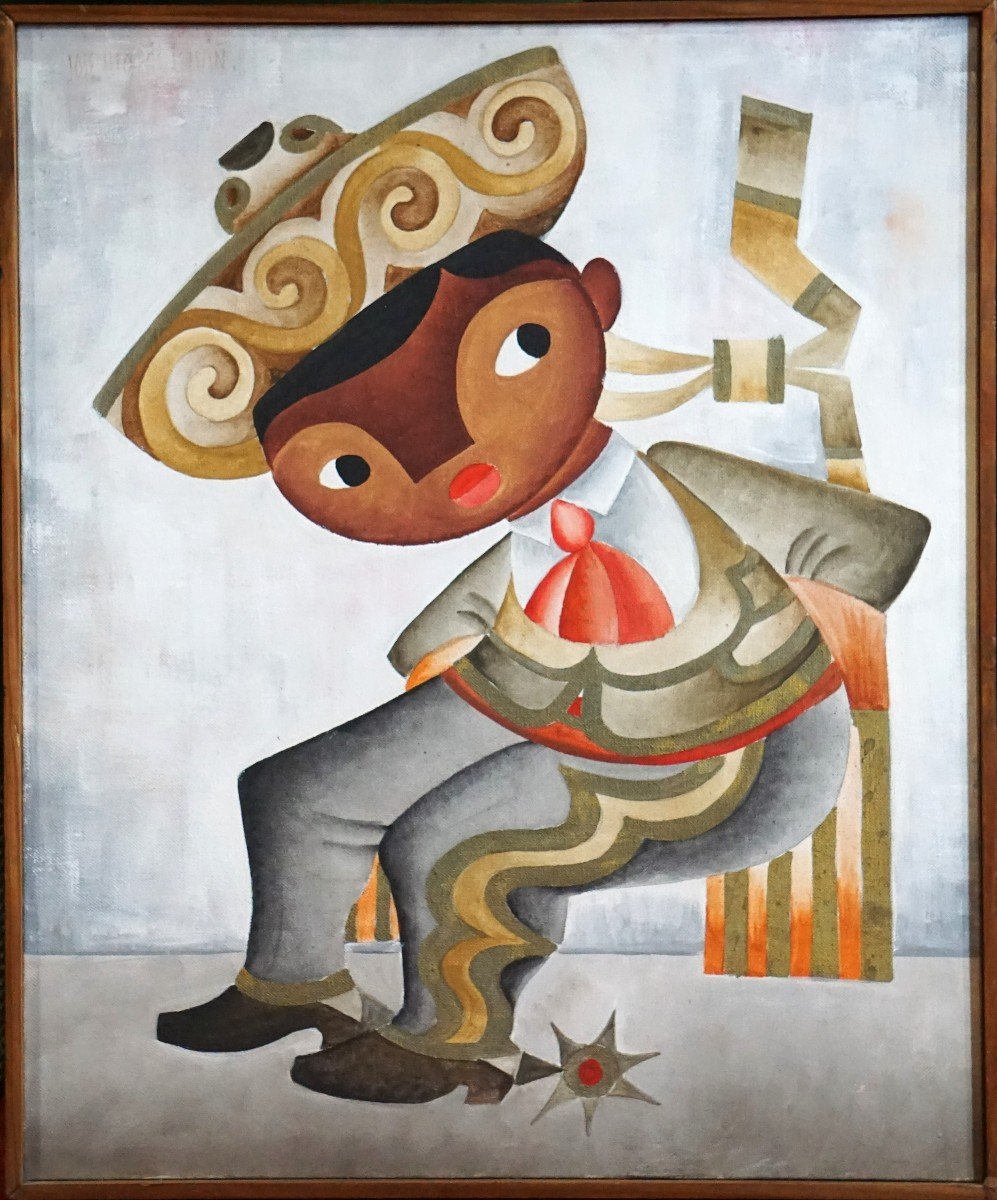

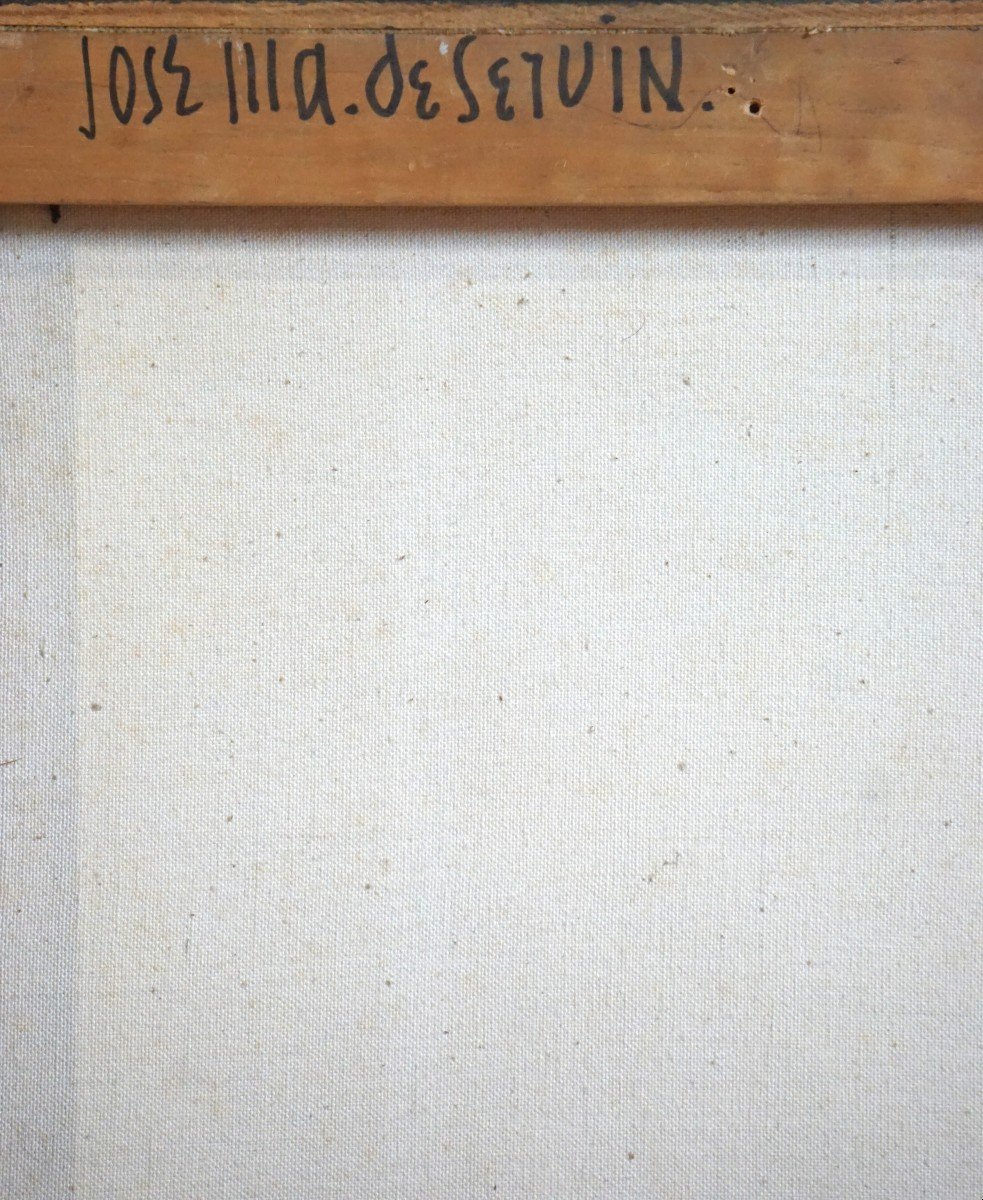
















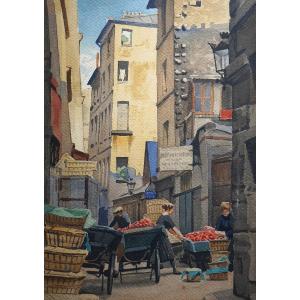

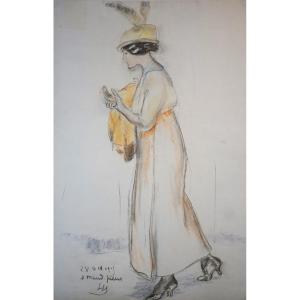

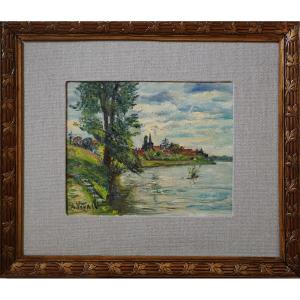
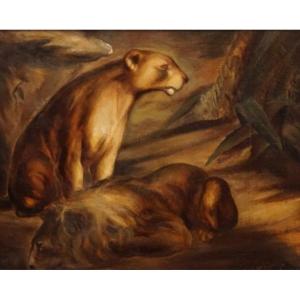
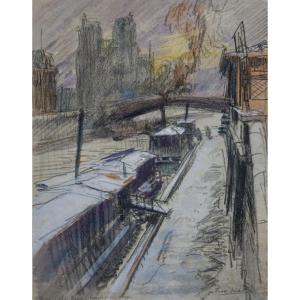







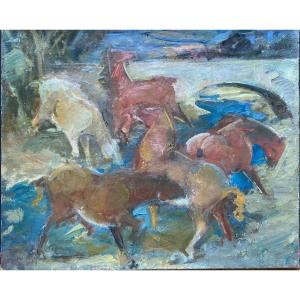




 Le Magazine de PROANTIC
Le Magazine de PROANTIC TRÉSORS Magazine
TRÉSORS Magazine Rivista Artiquariato
Rivista Artiquariato